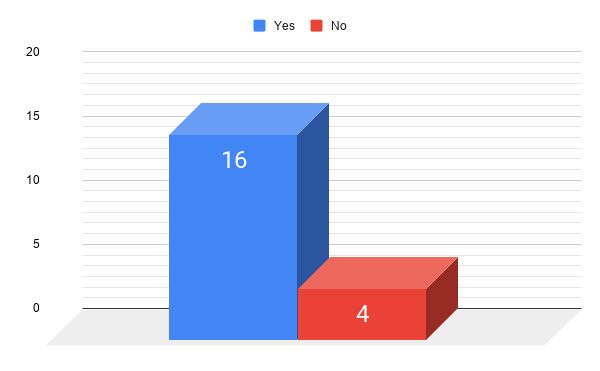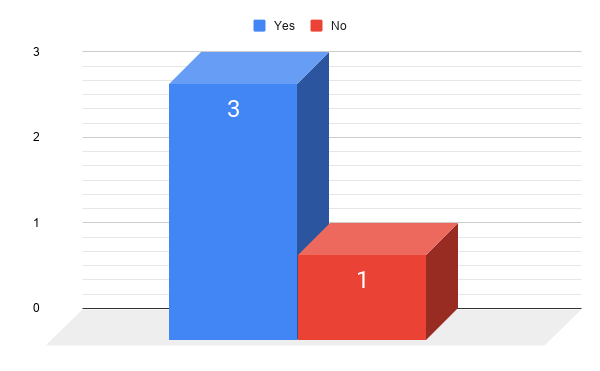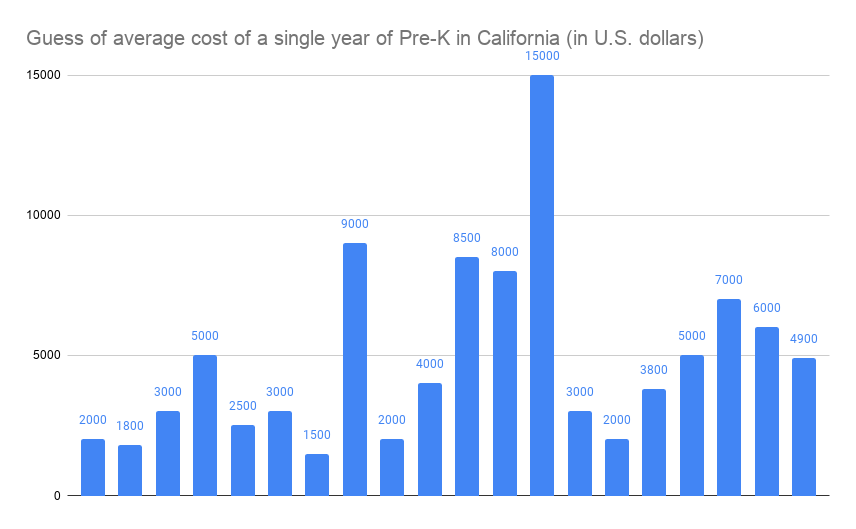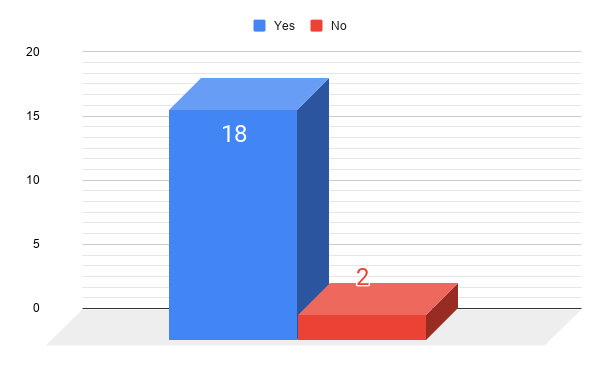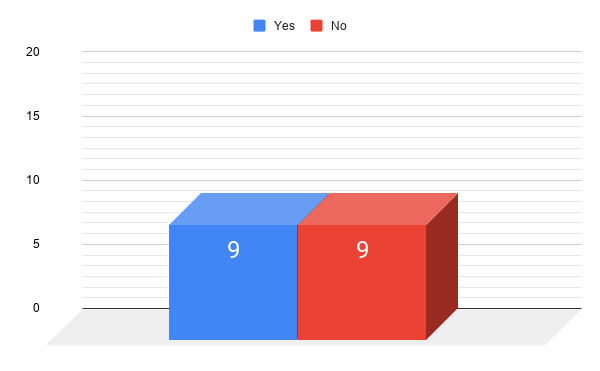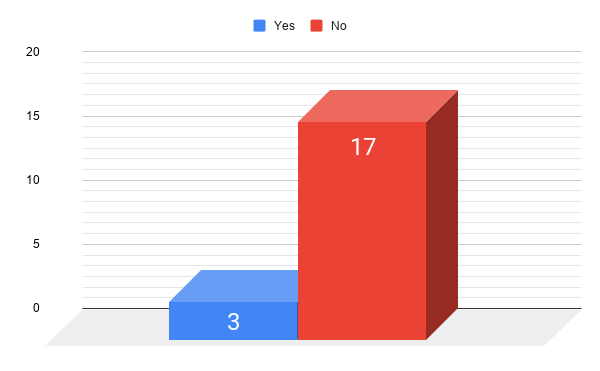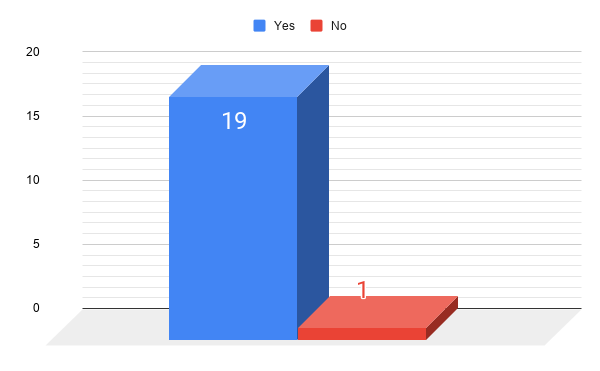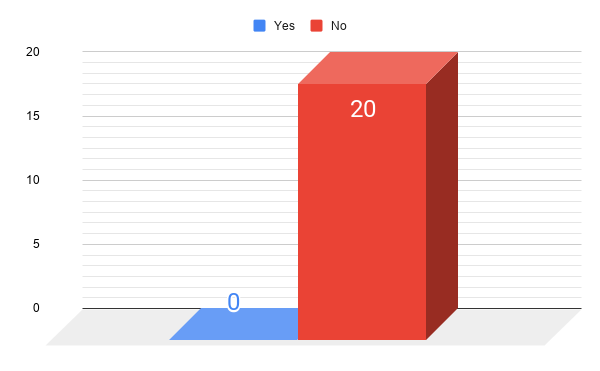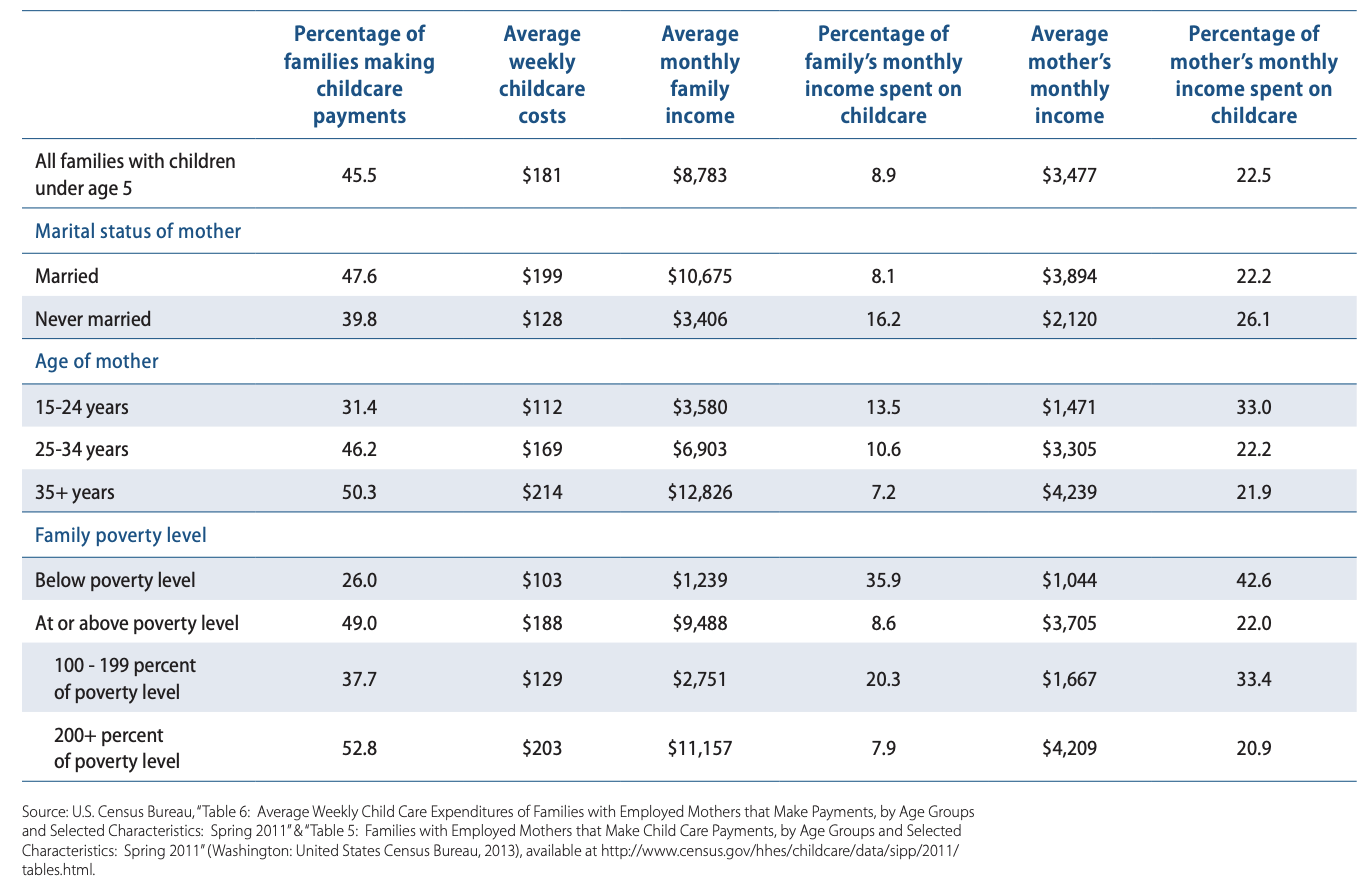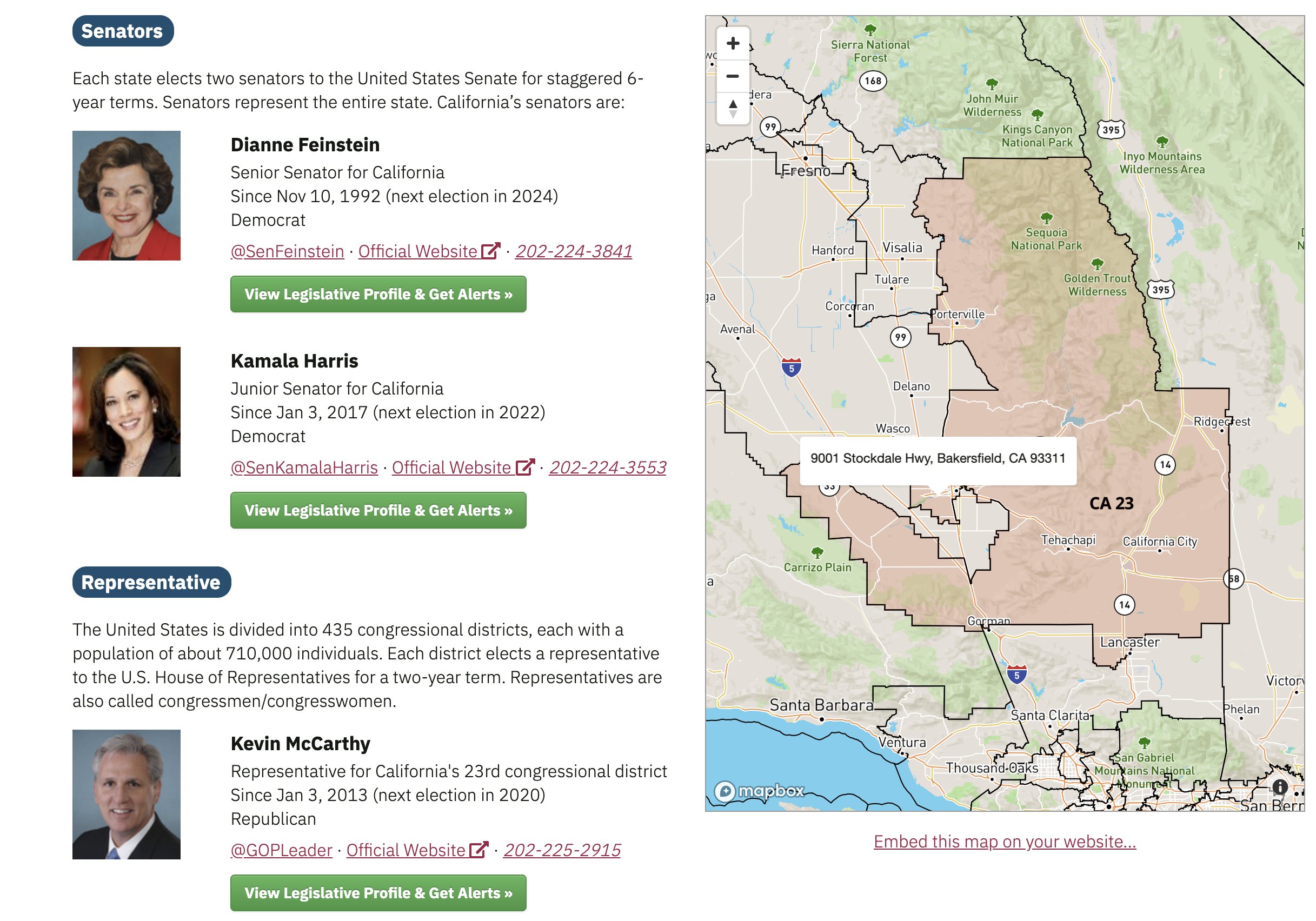“Ages and Stages of Development.” Ages and Stages of Development - Child Development (CA Dept of Education), California Department of Education, 24 June 2019, www.cde.ca.gov/sp/cd/re/caqdevelopment.asp.
The California Department of Education discusses the several stages of development that a child experiences. Such development is divided into age sections such as 'Birth to 18 months' and '3 years to 4 years'. For each age section, the CA DoE describes the behaviors of the child at such age as well as what they require from their parents to reach their peak potential development. Although utilized to show the importance of a young child's development (ages 2 - 5), the CA DoE provides information for age sections all the way up to 14 years of age.
Tran, T. D., et al. “Early Childhood Development: Impact of National Human Development, Family Poverty, Parenting Practices and Access to Early Childhood Education.” Child: Care, Health & Development, vol. 43, no. 3, May 2017, pp. 415–426. EBSCOhost, doi:10.1111/cch.12395.
T.D. Tran and J. Fisher from the School of Public Health and Preventive Medicine at Monash University, and S. Luchters from the Centre for International Health at Burnet Institute describe and quantify the realtionships among family poverty, parents' caregiving practices, access to education and the development of children living in low and middle-income countries. Through studying data collected in UNICEF's Multiple Indicator Cluster Surveys, which include data about 97,731 children aged 3-5 years from 35 countries, Tran et al. find that children in the most disadvantaged position in their societies and children living in low-HDI (Human Development Index) countries are at the greatest risk of failing to reach their development potential.
Stark Education Partnership. “Never Too Early: The Importance of High-Quality Early Education and Care. A White Paper of The Stark Education Partnership.” Stark Education Partnership, Stark Education Partnership, 1 Oct. 2018. EBSCOhost, search.ebscohost.com/login.aspx?direct=true&db=eric&AN=ED594426&site=ehost-live.
The Stark Education Partnership, which is based in Canton, Ohio, looks at the traditional methods of preschool structure while also discussing three emergent philosophical and value-laden approaches to early childhood care and education that allow districts, teachers, parents, and student greater flexibility in meeting the needs of their children. The three approaches, which are labeled Montessori, Reggio, and Waldorf, are compared to the traditional preschooling methods. The Stark Education Partnership present a case for the effectiveness of high-quality early care and education.
National Institute for Early Education Research. “High-Quality Preschool: Why We Need It and What It Looks Like.” Reading Rockets, 7 Nov. 2013, www.readingrockets.org/article/high-quality-preschool-why-we-need-it-and-what-it-looks.
The National Institute for Early Education Research (NIEER) present a policy brief that examines and provides an explanation on what high-quality education is. The NIEER constructs a list of procedural and structural guidelines should be met for a an early child care and education program to be considered high quality. Some examples of the list items are small group sizes, qualified and appropriately-compensated teachers and staff, and sufficient materials and activities to promote understanding and acceptance of diversity. After presenting their case, the NIEER recommends a variety of policies that should be followed to allow for the implementation of high-quality child care and education across the United States.
Glynn, Sarah Jane, et al. “The Importance of Preschool and Child Care for Working Mothers.” Center for American Progress, Center for American Progress, 7 May 2013. EBSCOhost, search.ebscohost.com/login.aspx?direct=true&db=eric&AN=ED565360&site=ehost-live.
Sarah Jane Glynn, Jane Farrell, and Nancy Wu from the Center for American Progress argue the importance of preschool and why more investments into early child care and education must be made to allow for increased access to such programs. Glynn et al. also highlight how important afford high-quality child care is to the parents' abilities to balance work success with family responsibilites. Because of the negative consequences associated with forgoing a job to stay home to care for a child or paying out of pocket for the expensive monetary costs associated with child care, it is ultimately better for parents to have the opportunity to work while having preschool paid for or at least made affordable.
McWalters, Brian. “The Federal Role in Universal Pre-K.” Brigham Young University Education & Law Journal, vol. 2019, no. 1, Jan. 2019, pp. 21–61. EBSCOhost, search.ebscohost.com/login.aspx?direct=true&db=ehh&AN=135589023&site=ehost-live.
Brian McWalters states the need for the United States federal government to promote univeral preschool through a federal competitive grant program. McWalters acknowledges President Obama's previous efforts for country-wide universal pre-k, but dismisses the former president's proposal to share the costs between the federal and states government. McWalters also discusses various topics such as different objectives of universal preschool and targeted preschool systems, equality consideration, and feeral intervention models throughout his outlining of how state level processes should be constructed for implementing universal preschool for all in the United States.
Amadeo, Kimberly. “Compare Congress' Enacted FY 2020 Budget to Trump's Request.” The Balance, The Balance, 28 Feb. 2020, www.thebalance.com/fy-2020-federal-budget-summary-of-revenue-and-spending-4797868.
Using the budget documentation available to the public at the official web site of the White House, thebalance creates a brief and easy-to-read breakdown of the United States government revenue and spending from October 1, 2019, through September 30, 2020, as outlined in the federal budget for fiscal year 2020. A basic outline of the budget is divided into sections for revenue, mandatory spending, discretionary spending, interests on the national debt, and the resulting defecit.
“Members of Congress.” GovTrack.us, Civic Impulse, LLC, 2020, www.govtrack.us/congress/members.
Govtrack is an online tool created by Civic Impulse, LLC that helps everyone learn about and track the activities of the United States Congress. By inputting a physical address in the United States, govtrack quickly provides you with information regarding the representative for the congressional district associated with the given address as well as the two U.S. senators from the state in which the address is located in. Information about the congress members includes their name, date they entered their current office, political party, social media page, official website, office phone number, and next election date.
“Directory of Representatives.” Directory of Representatives | House.gov, United States House of Representatives, 2020, www.house.gov/representatives.
The official website of the United States House of Representatives publishes a complete list of each of the 435 representatives that are a part of the 116th Congress. Representatives can be sorted by state and district, or by last name. Each listing shows a representative's full name, state, district, political party, office room, office phone number, and committee assignment.
“Senators of the 116th Congress.” U.S. Senate: Senators of the 116th Congress, United States Senate, 3 Apr. 2020, www.senate.gov/senators/contact.
The official website of the United States Senate publishes a complete list of each of the fifty senators that are a part of the 116th Congress. Each senator listing shows the full name, political party, state, office location, office phone number, class, and link to their contact form.
